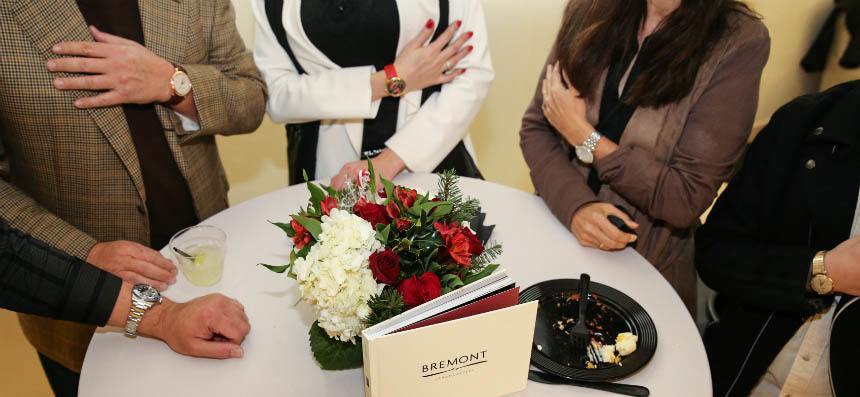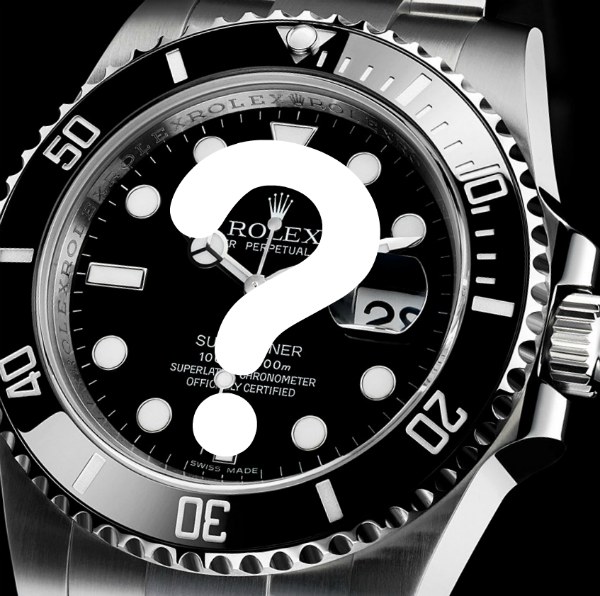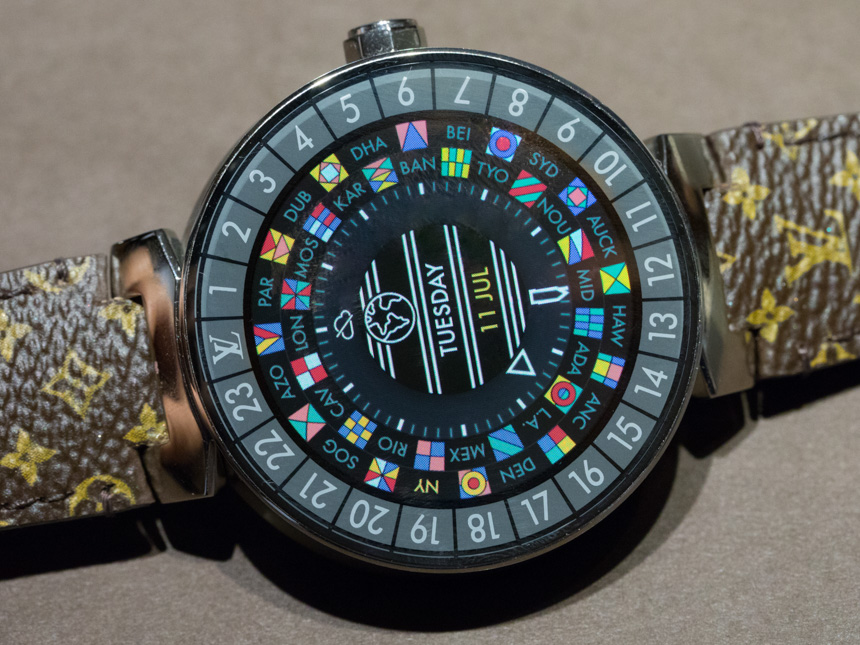
Is your luxury watch actually a type of trophy? I’d like to argue that it probably is. Trophies are symbols of success or accomplishment that those who earn them share with others or appreciate themselves privately. My theory is that most of the high-end (luxury) watches owned by collectors have “trophy value,” meaning that at least one major reason they were acquired is to remind the owner or their audience of a particular form of accomplishment or success.

This very question is relevant because I think it helps answer the larger inquiry many people have of “why do we even want luxury watches (or luxury products in general) in the first place?” While such questions might seem pedantic, I think anyone who spends a fair amount of their time and money “investing” in these expensive items with no primary functional or utilitarian value should be familiar with the underlying psychology of why they are interested in such items in the first place. More than a few watch lovers have noticed that despite characterizing themselves using terms such as practical, efficient, not wasteful, and (mostly) humble, they are drawn to purchasing expensive watches that do little more than make them feel good while wearing them. Why is that?

I often refer to buying watches as an “emotional investment,” but that doesn’t really explain anything other than the fact that buying watches is not a good financial investment. Accordingly, most people with experience buying luxury watches know that (despite some popular myths and rumors) the value of your timepiece drops with similar depreciation as most luxury cars (if not even more so) right after buying them. That means the several (or far more) thousand dollars people spend on a pretty new timepiece isn’t going into an asset that will appreciate over time. If spending a few thousand bucks doesn’t get you much utility or monetary investment value, then what is the point of doing so?

In my opinion, it is too simple to merely say “because luxury watches make you feel good.” In today’s society where thanks to social media and other outlets people routinely judge and comment on the actions of others, I think it is useful for people who do things like purchase and enjoy luxury watches to have more tools available to them when attempting to explain their passion and pursuits to others.

As many of our more regular readers know, I get rather invested in understanding the psychological motivations behind actions that might otherwise seem illogical or even irrational. How often have you heard the statement that buying a luxury timepiece is “irrational?” Is doing so actually some type of consumer-driven economy weakness where we succumb to marketing and status-indicating considerations, or is there actually a more legitimate (i.e. defensible) reason to offer as an explanation for why X amount of disposable income went to a timepiece as opposed to helping to solve world hunger or any other compelling cause you find important to you?

Why a wrist watch as a trophy versus something else? I’ll address this matter succinctly because I’ve talked about the overall appeal of watches (especially for men) as opposed to other items such as clothing, cars, or non-functional accessories. A watch is both compact and full of overlapping meaning. They are tools, they are art, they are engineering, and they are exclusive. Mixing these values together makes them particularly appealing since the message value they have for others, in addition to the personal value they have for their owner can vary greatly from watch to watch. Suffice it to say that watches are convenient, fit into the lifestyle of most people, and are varied enough in their form, rarity, price, and style to offer a wide range of communicative value for the people wearing them and the people seeing them on the wrists of wearers.

Some people even go so far as to make accusing moral judgments directed to people who reward themselves with luxury items, using among other terms, “selfish” to describe the act of spending “too much” money on something that exceeds strict utility. You can’t deny that the act of getting luxury items for oneself is selfish, but is that selfishness counterproductive to social order? Or rather is that ability to be selfish crucial to how we as (ideally) productive people continue to motivate ourselves to complete one project after another.

Stay with me here as I am close to getting to my point, which I will further elaborate on below as to how it relates to the experience of being a watch enthusiast. After people leave school (and with it the gratification of earning a “grade” for their scholastic efforts), life in the “real world” comes with few rewards for earning success. In short, as adults, if we don’t reward ourselves for a “job well done,” then most of the time, no one will. With that said, even as adults when third parties such as friends, co-workers, or family members reward us for achieving success, often times they do so by giving an impractical item like a gift – i.e. a trophy.
